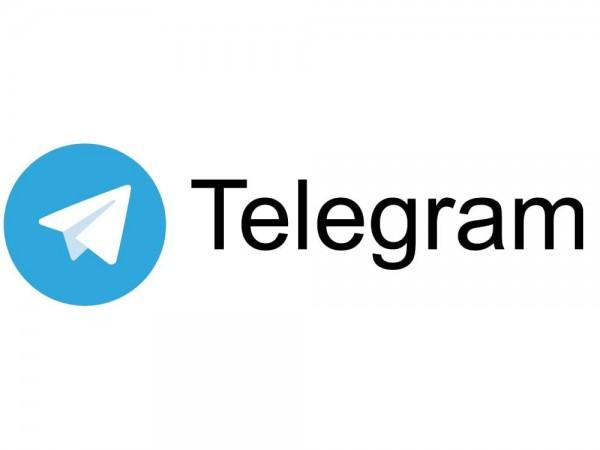
Telegram, the globally recognized messaging platform, has pledged to adopt a zero-tolerance policy. This decision was announced by South Korea's media regulator, the Korea Communications Standards Commission (KCSC), on September 30, 2024. The commitment comes in response to the growing concerns over deepfake content involving manipulated images of Korean women that have surfaced on Telegram in recent months.
Deepfake technology, which uses artificial intelligence to create hyper-realistic but fake videos or images, has been increasingly misused to create explicit content, often targeting women. This has become a significant social issue in South Korea, prompting the KCSC to raise concerns with Telegram.
In a press conference held in Seoul, KCSC Chairman Ryu Hee-lim stated, Telegram said they understood the situation in Korea where deepfake porn content has become a significant social issue. He further added that Telegram has vowed to take stern measures to combat the problem.
The zero-tolerance policy is not limited to deepfake pornography. Telegram has also committed to actively removing content related to pornography, prostitution, drugs, and gambling, as requested by the KCSC. The KCSC holds exclusive authority to review and flag illegal content, and this collaboration with Telegram is expected to significantly enhance their efforts.
To ensure effective implementation of these measures, Telegram has committed to working closely with Korean authorities, including the police. Regular working-level meetings will be held with the KCSC, and a new hotline will be established between Telegram and the KCSC to expedite responses to content violations. This hotline is expected to facilitate quicker responses, thereby ensuring that illegal content is removed more swiftly.

The KCSC anticipates that the recent agreement will lead to more efficient removal of illegal content. In fact, between September 3 and 25, even before the formal announcement of the zero-tolerance policy, Telegram had already removed 148 cases of sexual exploitation material from its platform at the KCSC's request.
This move by Telegram is not an isolated incident. The messaging platform's co-founder, Pavel Durov, had earlier stated on his Telegram channel that the company could disclose users' data upon reasonable requests from authorities. We've made it clear that the IP addresses and phone numbers of those who violate our rules can be disclosed to relevant authorities in response to valid legal requests, Durov said. This was part of the updated terms of service and privacy policy, aimed at deterring criminals from abusing Telegram.
The commitment by Telegram to combat deepfake pornography and other illegal content marks a significant milestone in the fight against digital sex crimes. It also sets a precedent for other tech companies to follow suit. As deepfake technology continues to evolve, it is crucial for tech companies, regulators, and law enforcement agencies to collaborate and take proactive measures to prevent its misuse.
The recent agreement between Telegram and the KCSC is a step in the right direction and serves as a model for other countries grappling with similar issues. This development underscores the importance of a collaborative approach in tackling the misuse of technology for illegal activities. It is a reminder that while technology can pose challenges, it can also be harnessed to safeguard the rights and dignity of individuals.

















